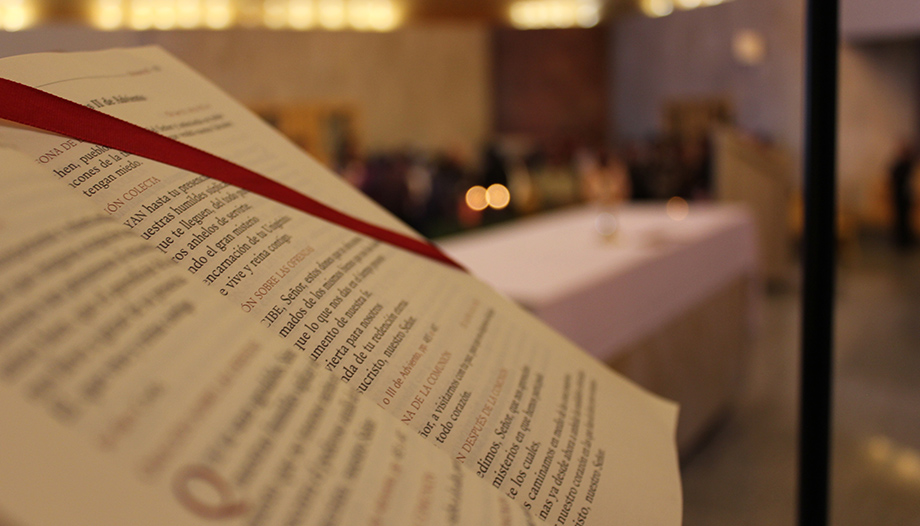In Catholic countries, many people today go to the cemetery to pray for their deceased loved ones. We have the feeling of being in communion with them beyond death. This feeling has also been present in non-Christian cultures throughout the centuries, and different civilizations have expressed their union with the dead in various ways.
But what was only an intuition for pagan peoples has been explicitly revealed to us in the Church. The Old Testament itself already showed awareness of life after death. The Second Book of Maccabees speaks of “atonement for the dead, that they might be freed from sin.” (2 Macc 12:46). And the Book of Wisdom is aware that the destiny of the righteous and sinners after death is not the same. “The life of the righteous is in the hand of God, and no torment shall overtake them (...) They are at peace (...) The wicked, on the other hand, shall be punished for their thoughts, for they despised the righteous and turned away from the Lord.” (Wis 3, 1. 3. 10).
Our Protestant brethren do not usually accept these books, because neither did Luther. This is partly because he did not accept the doctrine of Purgatory, both because of the many abuses associated with this belief in his day (such as the sale of indulgences) and because of his exaggerated sense of faith. He thought that faith in God was all we needed and that it alone was our salvation and purification.
However, several passages in the New Testament also suggest the reality of Purgatory. St. Paul speaks of a purifying fire. On the “day” of judgment (private at death, public at the end of time), “Each man's work shall be made manifest, the day shall show it; for it shall be revealed by fire. And the fire shall prove the quality of every man's work.” (1 Cor 3:13). If we have built on Christ (only works done for Christ, explicitly or implicitly, will get us to heaven), Paul says, this fire will reveal the quality of the works we have done. He uses the metaphors of the “gold, silver, precious stones, wood, grass, straw.” (v. 12). Works that are mere chaff, of little substance, will be burned. Works of gold will survive the fire.
He concludes: “If the work that one has built endures, he shall receive wages. But if one's work is burned up, he shall suffer punishment; but he shall be saved, though as one who escapes the fire.” (vv. 14-15). Thus, Paul has in mind a saving fire that tests the works we have done, burning the bad and purifying the good to prepare us for Heaven. This is Purgatory and, as 2 Maccabees teaches, our prayers have the power to help free the souls there from sin. This is the reason for today's commemoration and why the Church dedicates this entire month to the souls among whom we hope to find ourselves one day.








